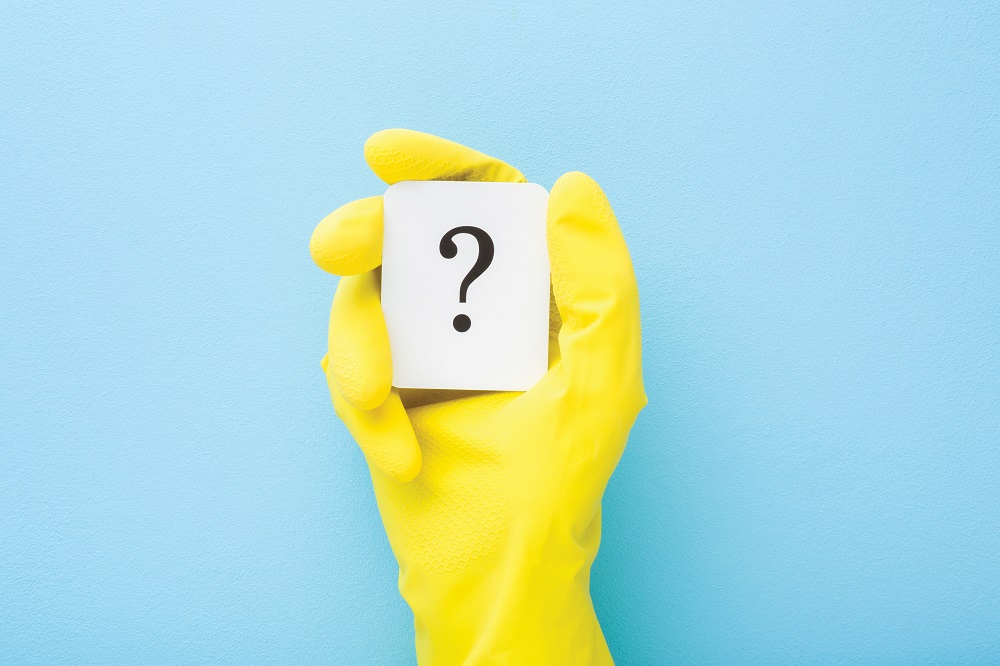
New research by World Vision New Zealand shows that many businesses are oblivious to the role of forced and child labour in their production processes.
The report, Risky Business: A Modern Slavery Risk Profile of New Zealand Businesses, was conducted by Kantar Public and surveyed more than 200 businesses of different sizes and from a range of industries.
It revealed that many businesses don’t know where their products are made, who’s making them or whether modern slavery is involved. Even fewer are taking steps to address the issue.
World Vision New Zealand’s head of advocacy and justice, Rebekah Armstrong, said “It’s the 21st century and we should all have zero tolerance for slavery. It’s time New Zealand led from the front and introduced legislation to guide our business community to do the right thing and protect the hard working people who make the products we buy every day.”
The research provides baseline figures around the proportion of businesses that may be using high-risk services or products; the number of businesses taking steps to address modern slavery; and any gaps in knowledge regarding risk reporting.
Other findings in the report include:
- Nearly all businesses purchase products or services likely to be made using child labour or forced labour, such as electronics, food and beverages, and textiles.
- Nearly three-quarters of all businesses have no initiatives in place to address modern slavery.
- Nearly half do not know where their products come from beyond their direct suppliers, thereby increasing the risk that they will import products produced with modern slavery.
- One-third have little or no understanding of the modern slavery risks within their supply chains.
- Big business is more likely to be taking steps to address modern slavery than small business.
Unlike New Zealand, Australia, the UK, several European nations and Canada have introduced supply chain transparency and laws to address modern slavery.
“Ethical business practice is just part of doing business in the world today and consumers expect businesses to understand their supply chains and to address modern slavery and other human rights risks,” said Armstrong.
“New Zealand businesses risk being out of step with key trading partners if they continue with commercial practices as though modern slavery doesn’t exist.”
Armstrong said the research found small businesses are just as likely as big businesses to source products and services at high-risk of being made with slavery, demonstrating that SMEs need to be included in modern slavery reporting obligations when operating in high-risk countries or with high-risk products.
The number of people trapped in slavery now sits at a staggering 50 million. It’s a shameful statistic and yet New Zealand has still not taken action. This report is the latest in a mountain of evidence and public support for modern slavery law in New Zealand,” she said.
World Vision is now urging the government to advance a modern slavery bill to parliament ahead of the October election.
Comment below to have your say on this story.
If you have a news story or tip-off, get in touch at info@incleanmag.co.nz.
Sign up to INCLEAN NZ’s newsletter.